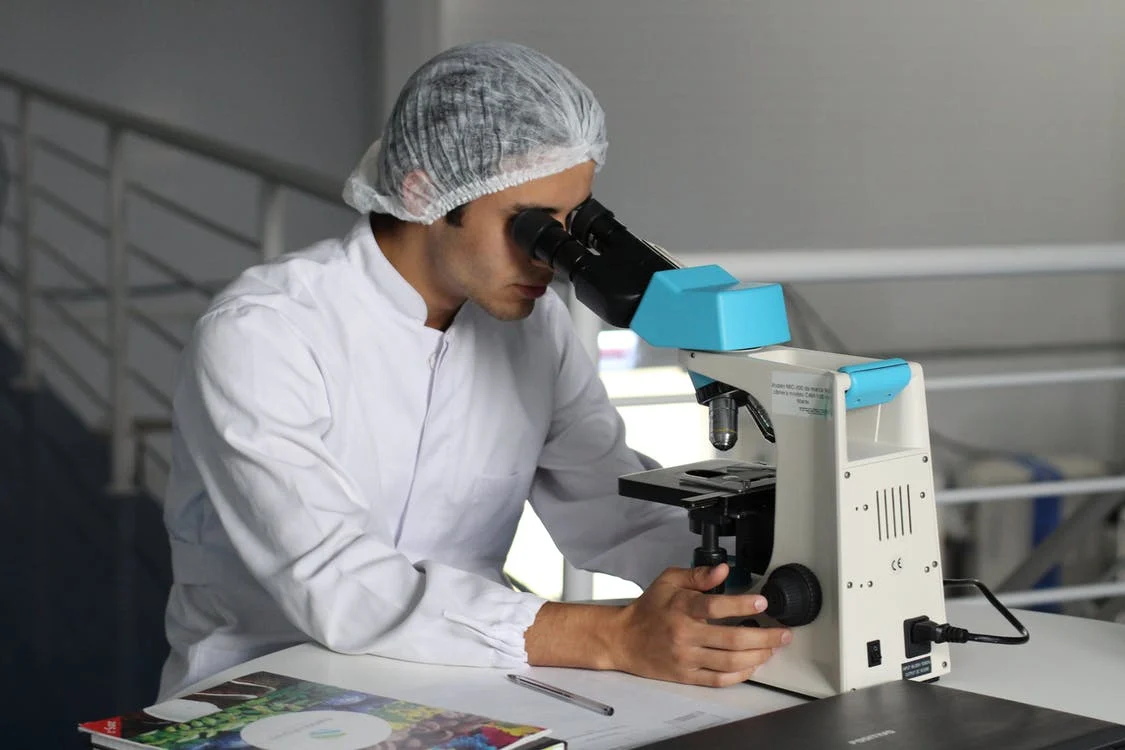There’s no part of human life that hasn’t been touched and impacted the advancements in technology we’ve seen over decades. How we travel, how we work, how we learn, and how we interact, have all seen huge leaps forward because of the many innovations of humanity.
Health is a really important part of our lives, and technology has revolutionized this field in countless ways. From the way we diagnose and treat diseases to the way we manage our personal health, technology has had a profound impact. This is great because it can make a huge impact on making human beings healthier, delaying aging and extending life. Here are some of the ways technology has made the delivery of healthcare better to our benefit.
Diagnostics
One of the most significant ways technology has changed healthcare is through the development of new diagnostic tools. Medical imaging such as MRI scans, CT scans and X-rays, allows doctors to see inside the body in ways that were once impossible. This has led to earlier and more accurate diagnoses, which in turn has led to better outcomes for patients. This gets better as more innovations happen.
Virtual Healthcare
Telemedicine is another area where technology has had a huge impact, especially over the last 3 years. The pandemic forced the healthcare field to think of new ways to provide much-needed help to the people they serve. With the help of telemedicine video conferencing software, doctors are able to reach more patients outside of their immediate local areas. This means patients can have virtual consultations with doctors, which eliminates the need to travel to a physical office. This can be especially beneficial for people who live in remote areas or who have mobility issues. The rise of telemedicine has been hugely helpful in mental health because psychiatry and psychology services can now be provided to someone virtually. This is a critical development because it removes barriers to people getting the support they need.
Easy Accessibility of Important Records
Another way technology has changed healthcare is through the use of electronic health records (EHRs). EHRs allow doctors and other healthcare providers to access a patient’s medical history, lab results, and other important information in real-time, which can greatly improve the quality of care. Additionally, EHRs can be accessed by other doctors, which allows for better coordination of care.
Research
Technology has also had a significant impact on the field of medical research. With the help of advanced computer systems and big data analytics, researchers can analyze large amounts of data and make new discoveries faster than ever before. Additionally, technology has greatly improved the accuracy of genetic testing and personalized medicine, which allows doctors to tailor treatments to a patient’s specific needs. Innovations in genetic testing have had far reaching positive impacts that extend outside of health. We’ve seen a number of cold murder cases solved after decades because genetic testing and record collection has become easier and more affordable for people.
Surgical Tools
Technology is playing an increasingly important role in the operating room, helping surgeons to perform complex procedures with greater precision and accuracy. One of the most significant advances in this area is the use of robotic surgical systems, such as the da Vinci system, which allows surgeons to perform minimally invasive procedures with greater precision and control than traditional laparoscopic instruments. Additionally, advanced imaging technologies such as 3D-printed models and augmented reality are being used to help surgeons plan and perform surgeries with greater precision. Another example is the use of virtual reality technology, which allows surgeons to practice and simulate surgeries before performing them on real patients. In some cases, this technology also allows for remote surgeries, where a surgeon can perform a procedure remotely using robotic tools, which is especially beneficial in remote or underserved areas. All of these technologies are helping to improve the outcomes for patients, and allowing for more complex procedures to be performed with less invasiveness.
Wearables
Finally, technology has had a major impact on personal health management. Wearable devices, such as fitness trackers and smartwatches, allow people to track their fitness and health data. Additionally, there are now many apps and online tools that allow people to manage their health, including tracking their medications, scheduling appointments, and connecting with doctors. These devices and apps are incredible feats because they put the patient in the driver’s seat of their health. In addition to this, businesses are benefitting hugely from this, as seen on this blog by app develpment agency Stormotion. People have the data about their health right at their fingertips, which can be very beneficial in the prevention part of healthcare.
In conclusion, technology has revolutionized the field of healthcare in countless ways. From new diagnostic tools and electronic health records to telemedicine and personal health management, technology has greatly improved the way we care for our health. With new technologies and innovations continually emerging, the future of healthcare is looking brighter than ever.

No Responses